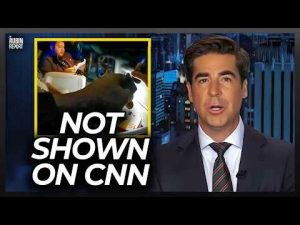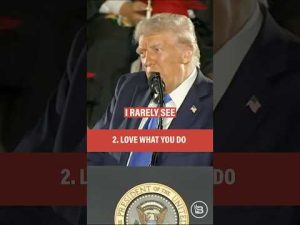President Trump is on a mission to make Hollywood great again, and it’s taking an unusual turn. In an unexpected move, he is proposing the implementation of steep tariffs to revive the film industry in the United States. This initiative comes as a surprise to many in Hollywood, leaving industry insiders wondering about the impacts on their bottom line. Major studios often take their blockbuster productions overseas to places like the UK and Canada, where filming is more cost-effective and foreign governments offer lucrative incentives. Trump is determined to put an end to this trend.
President Trump has set his sights squarely on other nations he accuses of luring away the American film industry with financial incentives. He’s proposing a 100% tariff on films produced overseas that are imported back into the U.S. It’s a bold move that could send shockwaves through Hollywood. Companies like Disney, which rely heavily on international production, are already feeling the heat, with stocks taking a dip. Despite these potential challenges, Trump believes this drastic measure could be the necessary jolt to bring film production back home where it belongs.
The idea isn’t without controversy, of course. Critics, including concerned state senators in Los Angeles, have raised questions about the potential repercussions on U.S. movie sales around the world. Notably, a considerable portion of Hollywood’s revenue comes from overseas box offices, particularly from areas like China. It’s a tricky situation where retaliatory tariffs could further complicate international trade relations, impacting the very heart of Hollywood’s global income.
However, Trump seems unfazed by Hollywood’s potential backlash. He’s leveraging his unique crossover experience in both politics and show business to address what he sees as a significant issue affecting not just the American entertainment industry, but the country’s cultural influence as well. Critics, many of whom are openly anti-Trump, may not like it, but it’s a classic case of Trump playing the disruptor role to bring back what he might call the “good old days” of American cinema dominance.
In this race to reclaim Hollywood’s former glory, Trump’s bold strategy is causing a stir, not unlike other industries where he has taken similarly aggressive measures. It’s a gamble, to be sure, and while the potential for short-term turmoil exists, supporters argue that the greater good of revitalizing American film production could outweigh the initial pain. Whether this plan will pan out as intended remains to be seen, but it’s clear that President Trump is willing to face down Hollywood critics in pursuit of his mission to bring cinema back to its American roots.







